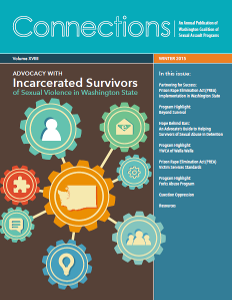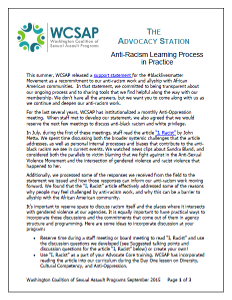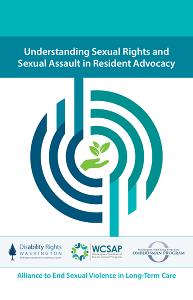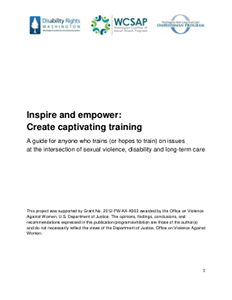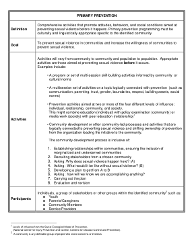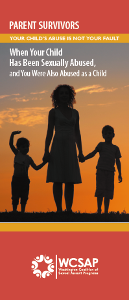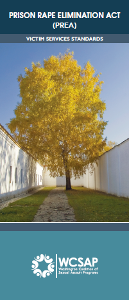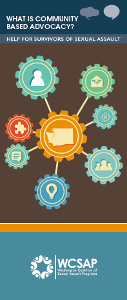The Office for Victims of Crimes (OVC) has recently released two free resources that should be helpful to community sexual assault program managers:
- A downloadable publication called Strengthening Sexual Assault Victims' Right to Privacy that focuses on maintaining victim confidentiality. It contains key principles, information on challenges, and tips for advocates (...
